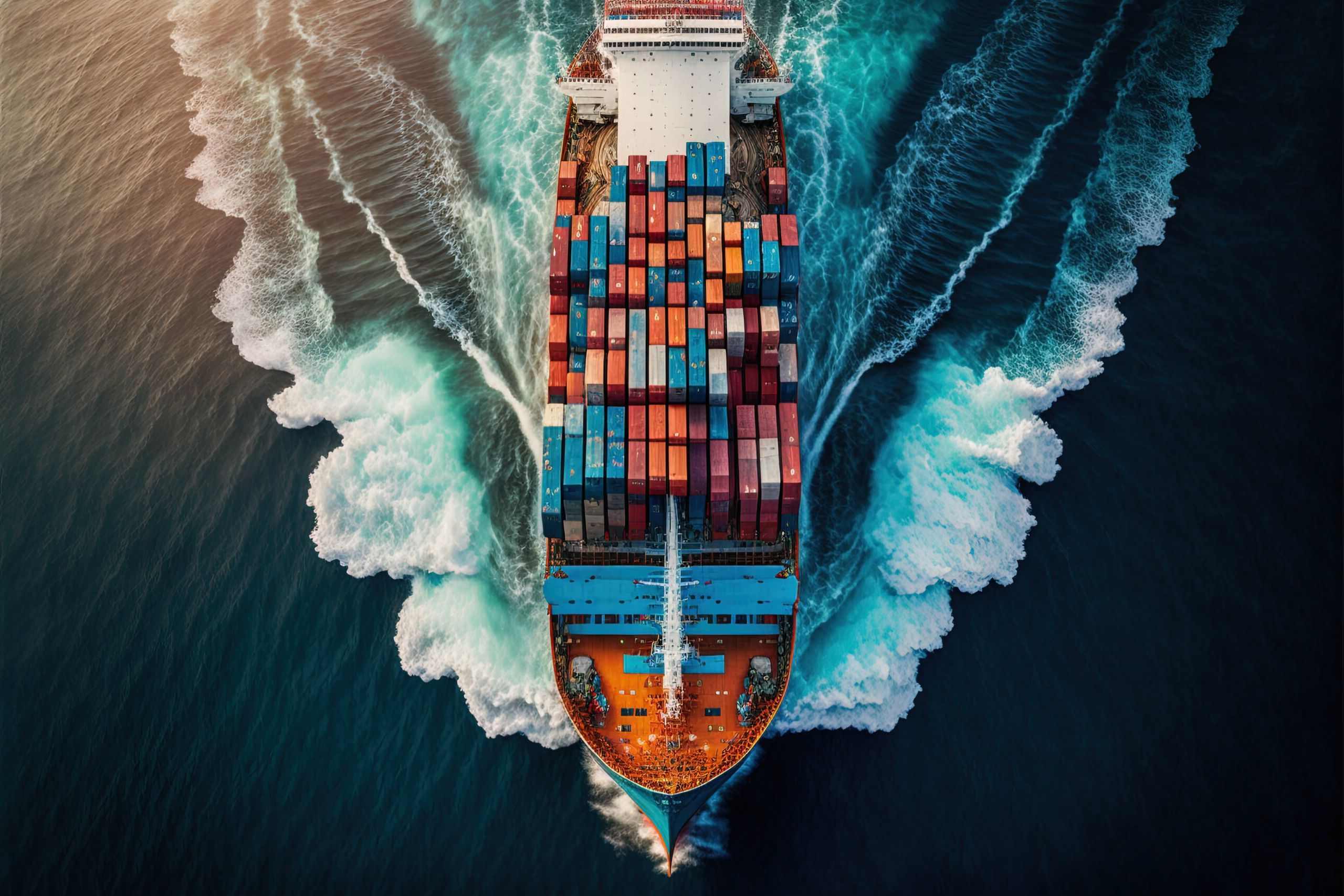
Cargo transport is a vital part of our daily lives, even if we don't always notice it. From the food on our tables to the gadgets in our pockets, almost everything we use has been transported as cargo at some point. But how much do we really know about this massive industry? Did you know that over 90% of the world's trade is carried by sea? Or that the largest cargo ship can carry up to 24,000 containers? Cargo transport involves various modes like ships, planes, trains, and trucks, each playing a unique role. Let's dive into some amazing facts about this essential industry that keeps the world moving.
The Evolution of Cargo Transport
Cargo transport has a rich history that spans centuries. From ancient trade routes to modern logistics, the way goods move has transformed dramatically.
- Ancient Trade Routes: Early civilizations like the Egyptians and Phoenicians used ships to trade goods across the Mediterranean Sea.
- Silk Road: This ancient network connected the East and West, facilitating the exchange of silk, spices, and other valuable items.
- Industrial Revolution: The 18th century saw the rise of steamships and railways, revolutionizing cargo transport.
- Containerization: Introduced in the 1950s, standardized containers made shipping more efficient and reduced costs.
- Air Freight: The first cargo flight took place in 1910, and today, air freight is crucial for transporting high-value and perishable goods.
Types of Cargo Transport
Different modes of transport cater to various types of cargo, each with its own advantages and challenges.
- Maritime Shipping: Over 90% of global trade is carried by sea, making it the backbone of international trade.
- Rail Transport: Ideal for heavy and bulk goods, railways offer a cost-effective and environmentally friendly option.
- Road Transport: Trucks provide flexibility and door-to-door service, essential for short-distance and domestic deliveries.
- Air Transport: Fast but expensive, air freight is used for urgent and high-value shipments.
- Pipeline Transport: Used primarily for liquids and gases, pipelines offer a continuous and reliable mode of transport.
Innovations in Cargo Transport
Technological advancements have significantly improved the efficiency and safety of cargo transport.
- GPS Tracking: Real-time tracking allows for better route planning and monitoring of shipments.
- Automated Warehouses: Robotics and automation streamline the storage and retrieval of goods.
- Drones: Emerging as a solution for last-mile delivery, drones can reach remote and hard-to-access areas.
- Electric Trucks: Reducing carbon emissions, electric trucks are becoming more popular in urban logistics.
- Blockchain Technology: Enhances transparency and security in the supply chain by providing immutable records of transactions.
Environmental Impact of Cargo Transport
Cargo transport has a significant environmental footprint, but efforts are being made to mitigate its impact.
- Carbon Emissions: Shipping and aviation are major contributors to greenhouse gas emissions.
- Sustainable Practices: Companies are adopting eco-friendly practices like using biofuels and optimizing routes to reduce emissions.
- Green Ports: Ports are implementing measures like shore power and electric cranes to minimize their environmental impact.
- Recycling and Reuse: The logistics industry is focusing on recycling packaging materials and reusing containers to reduce waste.
- Alternative Fuels: Research is ongoing into alternative fuels like hydrogen and ammonia to power ships and trucks.
Challenges in Cargo Transport
Despite advancements, the cargo transport industry faces several challenges that need to be addressed.
- Infrastructure: Aging infrastructure can lead to delays and increased costs.
- Regulations: Navigating different countries' regulations can be complex and time-consuming.
- Security: Cargo theft and piracy remain significant concerns, especially in high-risk areas.
- Labor Shortages: The industry often struggles with a shortage of skilled labor, particularly truck drivers.
- Supply Chain Disruptions: Events like natural disasters, pandemics, and geopolitical tensions can disrupt the supply chain.
The Future of Cargo Transport
Looking ahead, the cargo transport industry is poised for further transformation with new technologies and practices.
- Autonomous Vehicles: Self-driving trucks and ships could revolutionize the industry by reducing labor costs and increasing efficiency.
The Final Word on Cargo Transport
Cargo transport plays a huge role in our daily lives, moving goods across the globe. From container ships to air freight, each method has its own strengths. Containerization revolutionized shipping, making it more efficient and cost-effective. Air freight offers speed, perfect for urgent deliveries. Rail transport provides a balance of cost and efficiency, especially for landlocked regions. Trucking remains essential for last-mile delivery, ensuring goods reach their final destination.
Understanding these facts helps appreciate the complexity and importance of cargo transport. It’s not just about moving items from point A to B; it’s about connecting economies, supporting industries, and meeting consumer demands. Next time you receive a package, remember the intricate network that made it possible. Cargo transport is truly the backbone of global trade, keeping the world connected and thriving.
Was this page helpful?
Our commitment to delivering trustworthy and engaging content is at the heart of what we do. Each fact on our site is contributed by real users like you, bringing a wealth of diverse insights and information. To ensure the highest standards of accuracy and reliability, our dedicated editors meticulously review each submission. This process guarantees that the facts we share are not only fascinating but also credible. Trust in our commitment to quality and authenticity as you explore and learn with us.


